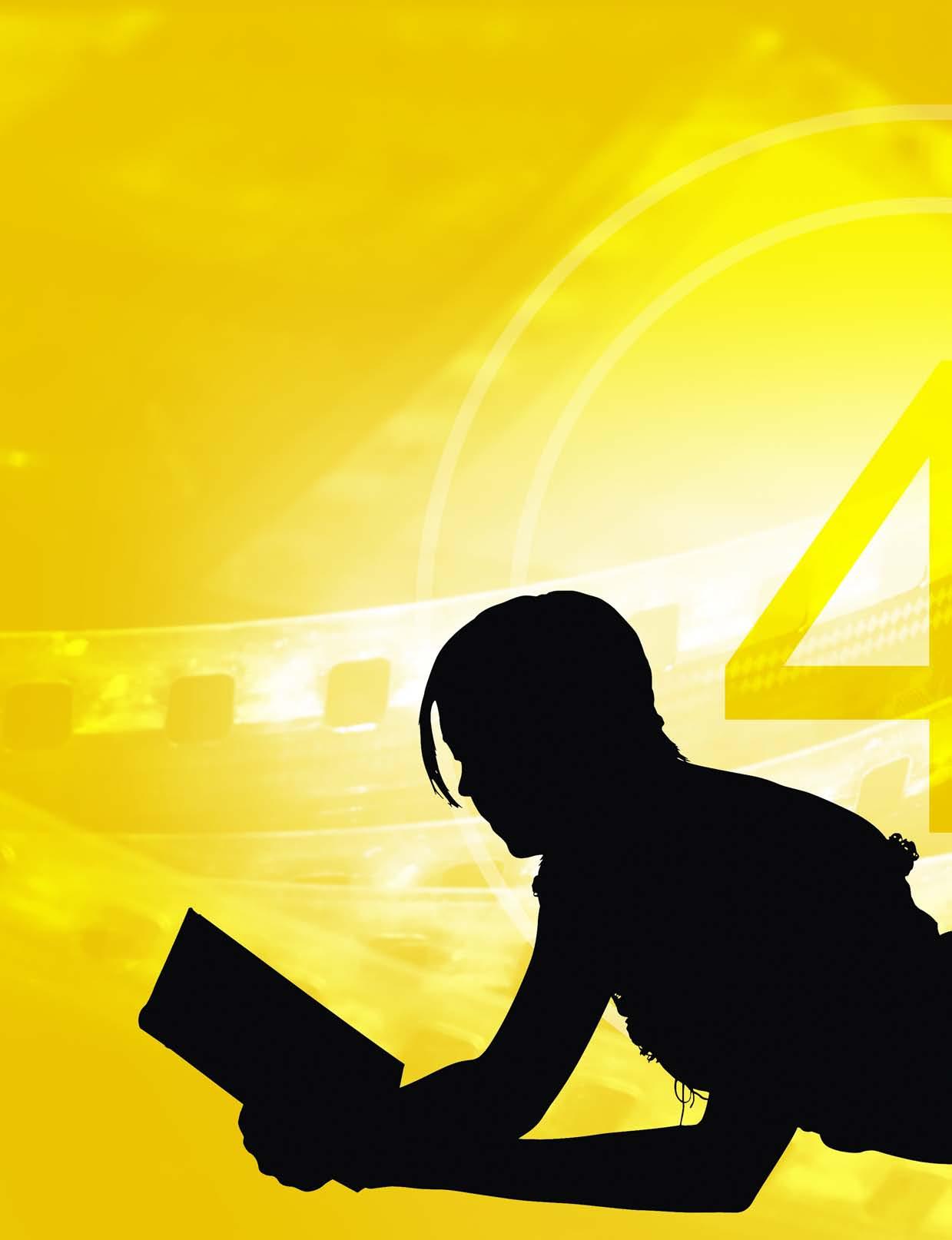
3 minute read
Open Book, Open Mind
By Adriane Dorr
Who was Joyce Kilmer? William Blake? Mary Howitt? Who wrote “The World is Too Much With Us”? “Not in Vain”? “Grass”? Here’s an easier list. Who is Natalie Portman? Matthew McConaughey? Joaquin Phoenix? Keira Knightley?
Advertisement
You knew all the movie stars, but the authors and their works were probably a little trickier. Why is it that teenagers prefer to watch movies instead of read? Is it because you can’t read or because you simply don’t want to? Is it because watching movies is easier?
As Lutherans, we are constantly searching for the truth in a world that wants to overcome us with lies. To discern between the two requires knowledge. You’re old enough to know that you can’t rely on emotional responses or out-of-body experiences or visions. So you’re going to have to think instead. You’ll need to read.You might do some contemplating. There will a lot of information to absorb. But you’ll learn, and that’s something that’s awfully hard to do that when you’re constantly glued to the TV screen.
Staring at a TV doesn’t involve much thought. For the most part, watching sitcoms and movies requires a minimal amount of effort on our part. Someone else has already done all the work for us. Authors write the script. Graphic designers visualize the scenery. Actors portray character roles. Technical directors at TV stations push buttons. We sit, and occasionally we move our hand from the popcorn bowl to our mouth.
When reading books, however, we get involved. We use our imagination. We study the written word on the page. We make logical connections. We exercise our brains. Reading stretches us in ways that visual stimulation cannot. Reading will almost always cultivate and engage the mind. Watching old reruns probably won’t. That is why your pastor doesn’t show clips of The Passion of the Christ during the Divine Service. He reads the Gospel to you. They’re not of equal value.

Reading is an important part of being a Christian. Our faith reaches out and clings to the words written down in the Bible. Everything we know of our Lord comes to us in the words He has spoken, the words that men took pen in hand to put down on paper. But the Holy Spirit didn’t inspire men to write the Bible stoically. These men made use of all different kinds of writing styles and types. They wrote historically and poetically and used dialogue and letters.
Martin Luther quickly recognized the value of the written word. During the Reformation, he translated the Bible into the language of the people, making it accessible for their own study and use. By giving a physical copy of God’s Word to the people, they could read the truth on their own.It was a vital part of sustaining people’s faith then, and it is still important for you today.
That doesn’t mean that your reading options are limited to the Bible or your catechism. There’s a pile of good literature just waiting for you to read it. You loved Keira Knightley in Pride and Prejudice. So read the book.You liked Joaquin Phoenix in Walk the Line. Dig into a Johnny Cash biography. You’re already doing better than the majority of your friends by opening this magazine. Don’t stop. Dive into news magazines, a copy of your pastor’s sermon, books about World War II, essays on science fiction stuff, or a book on how to decorate your bedroom.
The Lord has given you a mind that is capable of sorting through and understanding a wide variety of subjects. Use it. Read a science magazine, and enjoy the descriptions of God’s creation. Thumb through a historical novel, and recall how the Lord has cared for His people since the beginning of time. Lose yourself in The Grapes of Wrath, and learn to view its content with a critical eye. Decide why The Da Vinci Code isn’t Christian. Discover the Lutheran aspects of C. S. Lewis’ God in the Dock. Stop by your local bookstore, grab a cup of hot chocolate, and do some browsing. Read to learn. Read for fun. All of this will cultivate your Lutheran worldview.
Lutherans are thinkers, and thinkers are readers. Enjoy a movie now and then for fun with friends, but don’t miss out on reading a good book. Dabble in a little of everything—theology, history, British literature, science, you name it. Your brain can handle it. In fact, it’ll probably thank you.
Adriane Dorr is the assistant editor for Higher Things and will pursue a graduate degree at Concordia Theological Seminary Fort Wayne in the fall. She is the editorial assistant for Higher Things. Her e-mail address is adrianedorr@yahoo.com.










